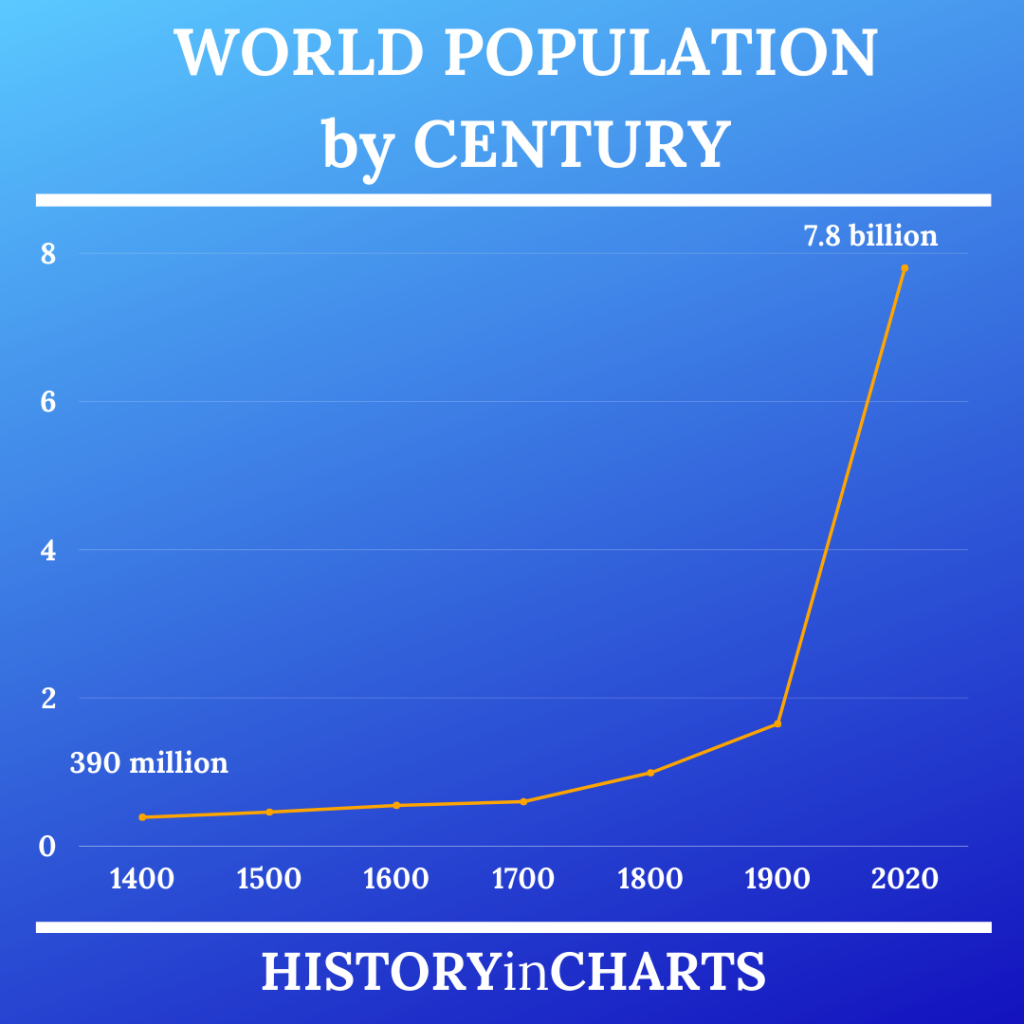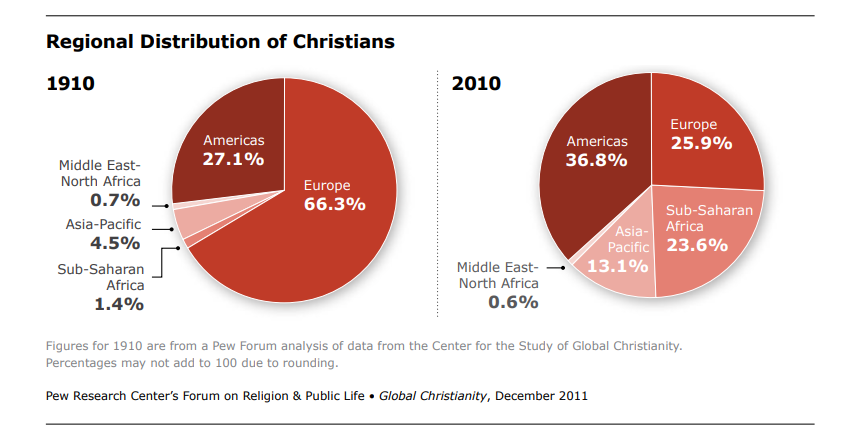More Now Than Ever
As we approach a new year, it’s a time for reflecting. Since February, I’ve been writing a series of posts on positive cultural trends with the aim of cheering up my fellow Christians. Today, I’m going to reflect on that series and wrap it up.
If you missed the series, here it is in a nutshell: Over the past several decades, abortion, infant mortality, divorce, and deaths from war have all gone down—either globally or in the United States or both. Meanwhile, lifespans, global wealth, and gospel sharing have gone up. I also wrote posts giving what I think is an encouraging perspective on racism and immigration in the U.S., which I’ll discuss more below.
On abortion specifically, I had multiple readers say they doubted the truth of the declining trend because they assumed the stats I cited did not include pill-induced abortions. So let me reassure readers, the stats DO include pill-induced abortions (as you can see here and here). Yet the trend is still down consistently over the past four decades.
An overarching theme of the posts is that more people are living and thriving than ever before. It’s worth reminding ourselves just how much the population around the world has exploded. In the past century alone, it has risen nearly four-fold, from less than 2 billion to nearly 8 billion, as you can see in this chart.

For people who are pro-life, there has never been a time as good as this. All Christians should celebrate.
And that’s not all we have to celebrate. The number of Christians around the world has exploded right along with the population. According to the Pew Research Center, there were 600 million Christians worldwide in 1910—about one-third of the global population at that time of 1.8 billion. By 2015, there were 2.3 billion Christians—still about one-third of global population at that time.
That means there are nearly four times as many Christians now as a century ago—hardly a reason for pessimism or declinism.
I know people may quibble with such surveys—just because people say they are Christians doesn’t necessarily mean they have truly been regenerated by the Holy Spirit. That’s true, although no less true in 2015 than in 1910. Nominalism has been around since the days of the church fathers. So whatever error is in the numbers, it’s a fair to assume it’s consistent over time.
One thing that has changed is where Christians live. Whereas Christianity was almost entirely a European and American phenomenon a century ago, today it is spread across the globe, the chart below shows.

The implication of this shift for most of my English-speaking readers is that it's far more likely now than before that your Christian brothers and sisters have darker skin than you or were born in a different country than you. That's as it should be. When John saw the church at the end of the world, he said, "behold, a great multitude that no one could number, from every nation, from all tribes and peoples and languages, standing before the throne and before the Lamb, clothed in white robes, with palm branches in their hands" (Rev. 7:9).
So it's encouraging to me to see second- and third-generation immigrants to the U.S. from Asian and Latin America identify as part of the predominantly white American culture and are accepted by the broader American culture. Many immigrants bring a strong Christian faith to their adopted countries. And those who don't may be open to the gospel--especially if they're welcomed by Christians.
Also in the U.S., there has been progress--albeit smaller--among white Americans' attitudes toward black Americans. Since the 1980s and 1990s, whites report being much more accepting of blacks as neighbors and as in-laws--strong counter evidence against the narrative of the U.S. as hopelessly racist. Yet racism remains a problem. More than a quarter of white Americans say it's acceptable to discriminate against black Americans in housing. And one-third of black Americans report receiving discriminatory behavior on a monthly basis.
When 80% of black Americans and 70% of white Americans identify as Christians, the church can and should lead the way at bridging divides across races, not just avoid fresh offenses but reaching out in love.
Welcoming immigrants and healing racial wounds through common faith are two critical ways Christians can embrace the changing face of the growing church. Doing so will not only help more people than ever to live, but also help more people than ever to thrive.
